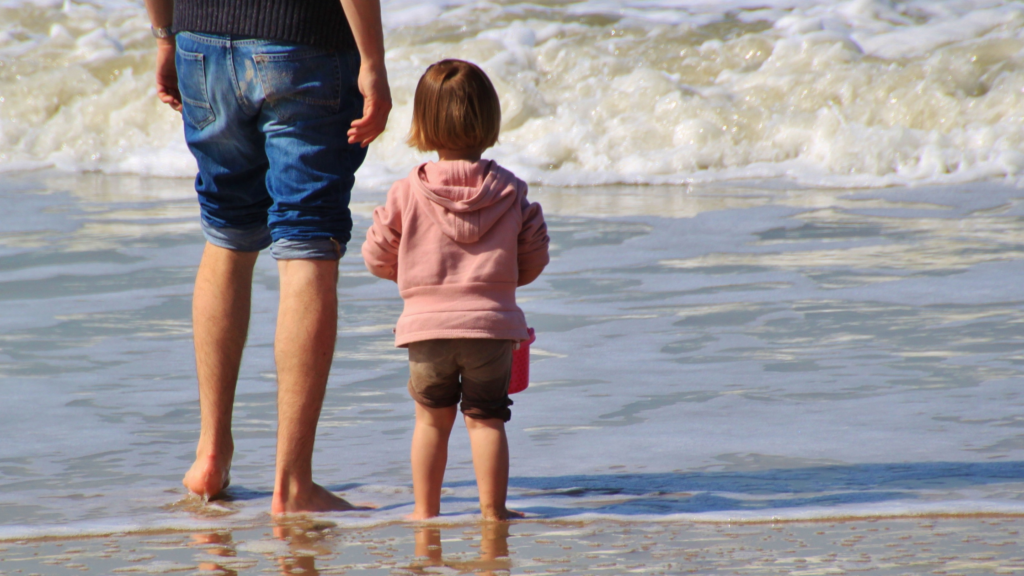For single parents, estate planning is an even greater need than for married couples, advises a recent article, “Estate planning 101 for single parents,” from The Orange County Register. However, even single parents blessed with a strong support system need an estate plan to protect their children. Here’s why.
An estate plan names a guardian in the will. Who will raise your children and become their guardian if you unexpectedly die or become incapacitated? If the other parent is surviving and has not lost parental rights, they will have custody of the child or children as a matter of law. This is not guardianship. They are the legal parent.
However, if the other parent is deceased or their parental rights have been terminated, the court will need to grant guardianship. You need two documents to name a person whom you would want to raise your child. One is your will. It’s a good idea to list more than one person, in case someone named cannot or doesn’t wish to serve.
For example, “My mother, Sue Sandler, and if she cannot serve, then my brother Mike Sandler, and then my friend Leslie Strong.” There’s no guarantee that the court will appoint any of these people. However, the court may consider the parent’s preferences.
Depending upon your state, you could have a “Nomination of Guardian” document separate from your will. Remember that your will becomes effective only upon your death. If you become incapacitated, this document would be considered when determining who will be named guardian.
You’ll also want a health care directive. This document states who is authorized to make health care decisions for you, if you cannot, and provides general directions about what kind of care you want to receive.
If there are minor children, a “Nomination of Health Care Agent” should also be in place, where you nominate another person to make healthcare decisions for your children if you cannot. For example, if you and your children are in a car accident and you are incapacitated and can’t respond to authorize health care, hospitalization, or other care for your child.
A will and a trust are critical if you have minor children. The will sets forth your nomination of guardians, and a trust can hold your assets, including life insurance proceeds and any other significant assets for the benefit of your children as directed in the trust. The trust is managed by the successor trustee appointed in the trust document. Even if the other parent lives and the child lives with them, the trust is controlled by the trustee, so your ex cannot access the money and the children receive the funds according to your wishes.
If you have only a will and die, your estate will go through probate and assets will effectively be put into a trust for the child and be given to the child when they become of legal age. However, most 18 or 21-year-olds are not mature enough to manage large sums of money, so a trust managed by a responsible adult with a framework for distribution will ensure that the assets are protected.
Once a child reaches the age of legal majority, they are considered an adult. As a result, the nomination of a guardian is no longer necessary, nor is the nomination of a health care agent. However, this is when they need to execute their health care directive, power of attorney and HIPAA form. If they were to become seriously sick, even as their parent, you would not have any legal right to discuss their care or treatment with health care providers without these documents.
To learn more about estate planning in the East Valley, Gilbert, Mesa and Queen Creek, schedule your free consultation with Attorney Jake Carlson by using one of the links above.
Reference: The Orange County Register (March 12, 2023) “Estate planning 101 for single parents”


